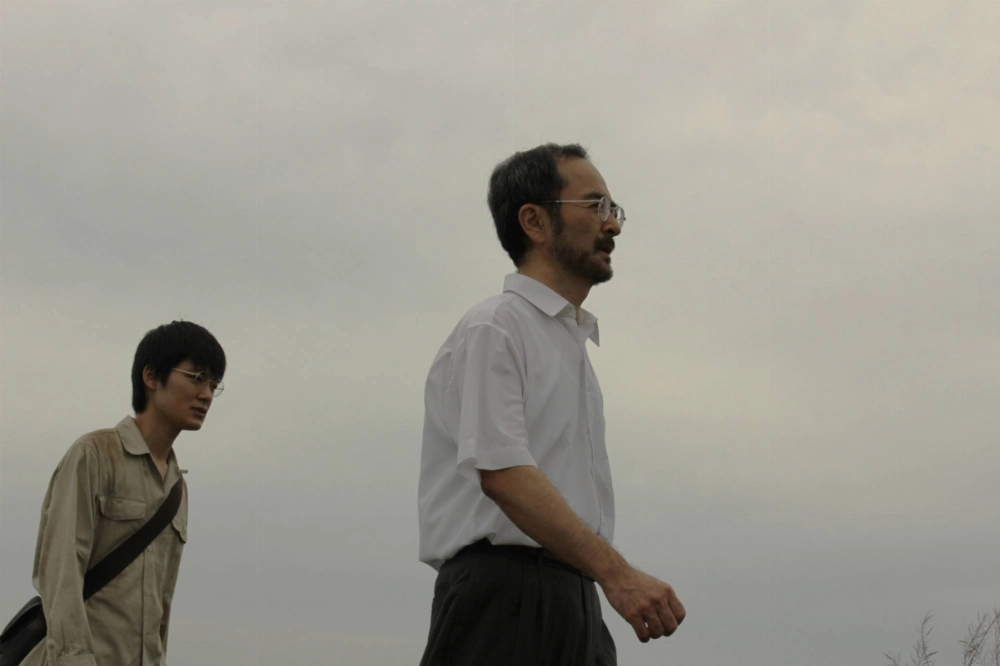Satoshi Kirishima was the happiest-looking fugitive in all of Japan. For nearly half a century, his smiling visage (fresh-faced, glasses, long hair) was a fixture on police posters nationwide. It was hard to believe that he was a wanted terrorist who’d taken part in a bombing campaign waged against Japanese corporations by an extremist left-wing group in the 1970s. He looked more like an off-duty pop idol.
In “Escape,” Masao Adachi’s fictionalized biopic about Kirishima, one of the first things the fugitive does after going on the run is to give himself a haircut. He also resolves to stop smiling, which is a smart move. It’s no spoiler to reveal that he would manage to evade capture for the rest of his life, only disclosing his true identity a few days before his death in 2024.
Based on the few known facts about this outlaw’s life on the run, Adachi has fashioned a spirited existential drama that’s more interested in dialectical theater than generating suspense. The director’s interest lies in what kept Kirishima going during his decades-long flight, and why he chose to blow his cover at the end of it all.
















With your current subscription plan you can comment on stories. However, before writing your first comment, please create a display name in the Profile section of your subscriber account page.